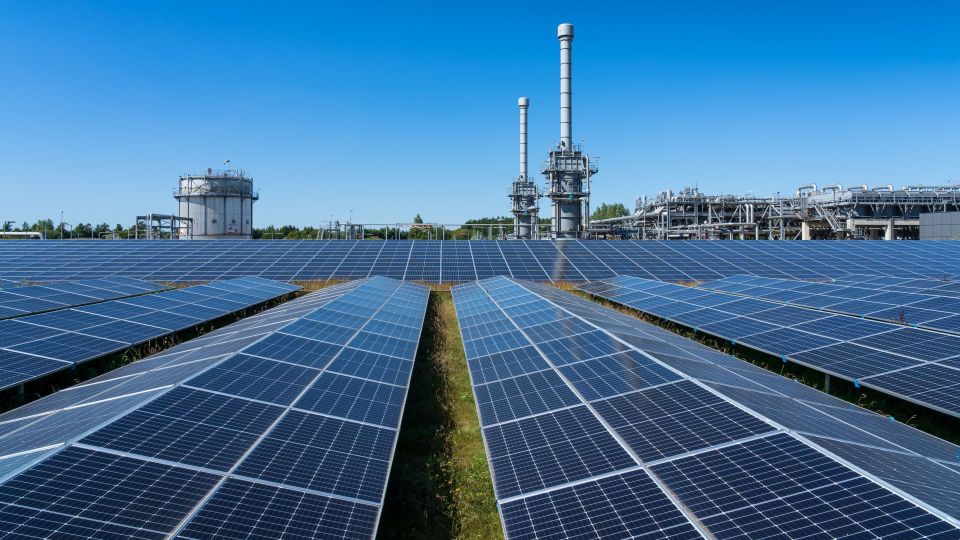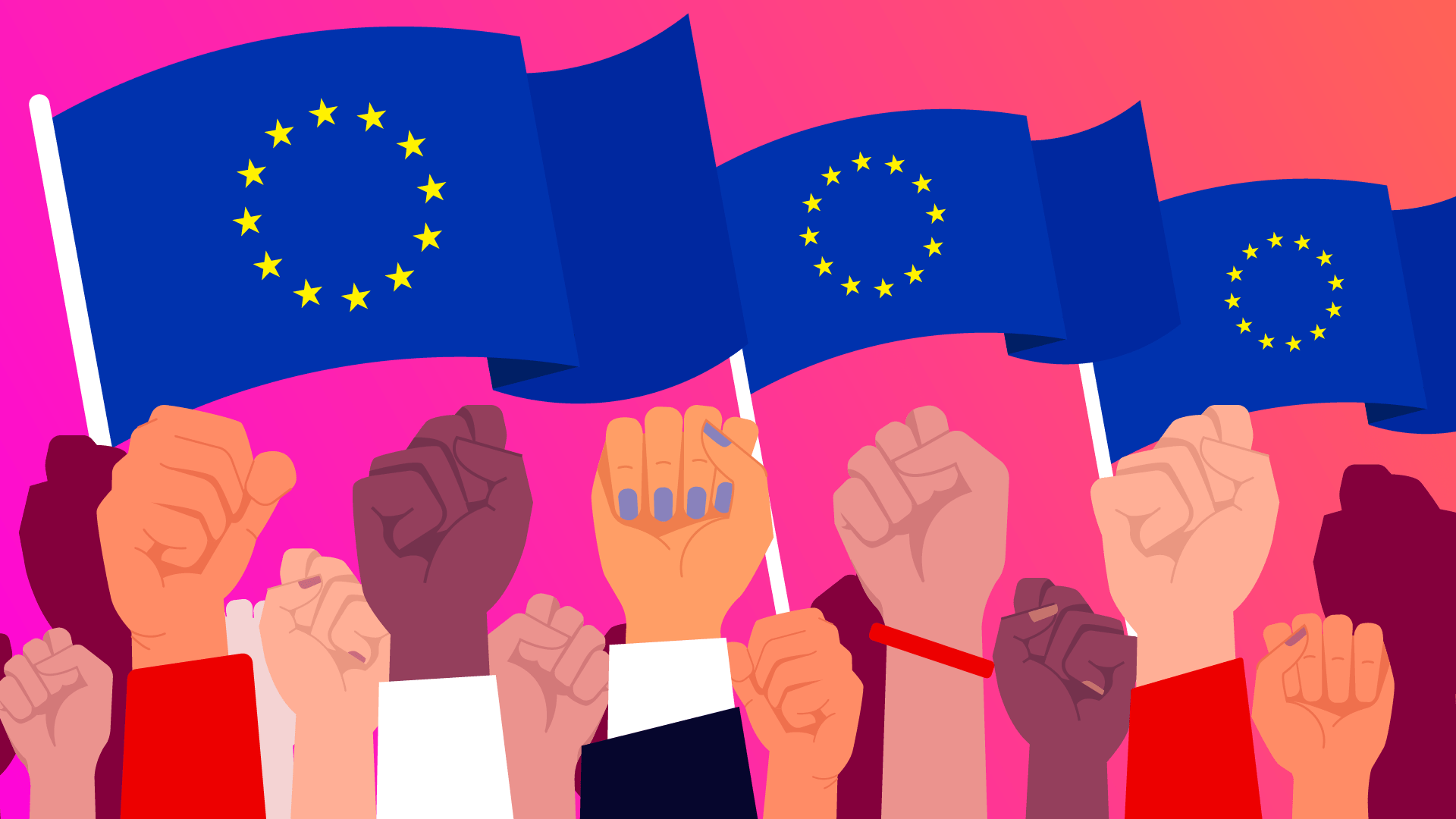
We increased the EU’s competitiveness and the industry’s green transformation through the adoption of the new Emission Trading System (ETS) and the Carbon Adjustment Mechanism (CBAM), which sets up a robust regulatory framework including clear targets, incentives and sanctions to improve enforcement.
We ramped-up ammunition production in the EU for Ukraine in its fight for freedom through the Act in Support of Ammunition Production (ASAP).
We equipped the EU to face the challenges arising from the next technological wave with the adoption of the Net Zero Industry Act (NZIA) and the Strategic Technologies for Europe Platform (STEP), which foresees measures to boost emission cuts and curb unfair international competition.
We made sure that when governments or public institutions are purchasing goods or services, they need to consider factors beyond just cost and quality. They also need to evaluate whether the products or services meet certain standards related to social and environmental responsibility. This ensures that principles of sustainability are implemented in practical terms during the procurement process.
We prioritised the processing of applications for projects in material recovery, extractive waste and integrated recycling, and projects demonstrating tangible link to the public interest through the new Critical Raw Materials Act. This will improve the efficiency and sustainability of critical raw materials’ supply.
We minimised adverse social and environmental impacts by ensuring the development and deployment of substitutes for raw materials with equivalent or lower environmental and material impacts and by introducing strong human rights provisions for local communities and indigenous peoples in the new Critical Raw Materials Act.
We guaranteed better conditions and incentives for the production of semi-conductors in the EU with the Chips Act by ensuring considerable EU funding for technological capacity, production and innovation.
We drove the norms for a cyber-secure digital transformation. We introduced solutions and standards of cybersecurity for essential services and critical infrastructures, and drove the development and application of new technologies and products.
The social consequences of the EU’s transition to carbon neutrality must be addressed, especially in the relation to the interests of workers and most vulnerable citizens. Also, the increase of EU competitiveness should always respect the climate goals and face the challenges of global warming. The development of industrial projects should deliver tangible positive impacts for the public interest in line with both social and environmental sustainability.
It is our priority to continue to support micro, small and medium enterprises, as well as start-ups and scale-ups that allow them to contribute to the green and digital transition.
We will continue to give support to Ukraine and Ukrainians and the strengthening of the EU’s defense industry for safety and security in Europe and abroad.
We are fighting for better digital infrastructure via deployment of super high-speed capacity networks – accessible for all European citizens, including those residing in rural and remote areas.
We want to increase the production of microchips and boost research and development in the EU to keep the EU at the centre of the world's production and innovation capacity.
Education is vital. We promote data literacy and cybersecurity for Europeans as well as fair and open use of data by consumers, businesses and the public sector. Additionally, we want to see more girls and women in the digital sector and in science, technology, engineering and mathematics in general.

